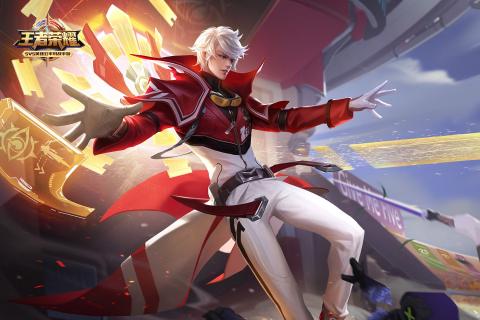Online gaming has transformed from a purely competitive activity to a thriving community-driven experience. Gamers across the world are no longer solely focused on winning; they also value the social connections and friendships formed within the gaming community.
One of the key aspects that have contributed to this shift is the rise of multiplayer online games. These games allow players to connect with each other in real-time, engaging in team-based battles, cooperative quests, and even virtual economies. Through voice chat systems and messaging platforms, gamers can communicate and strategize together, forging strong bonds and friendships with their fellow players.
Many online games also provide platforms for gamers to join guilds or clans, creating communities within the game. These communities often have their own forums or chat channels where members can discuss game-related topics, share strategies, or simply chat about their day. Being part of such a community gives players a sense of belonging and fosters a supportive and inclusive environment.
The social side of online gaming extends beyond the virtual world as well. Gaming conventions and esports tournaments provide opportunities for gamers to meet face-to-face, strengthening the connections made online. These events often attract thousands of fans who share a common passion for gaming, creating an atmosphere of excitement and camaraderie.
Moreover, online gaming communities have also embraced social media platforms to connect and engage with each other. Gamers share their achievements, experiences, and even create content such as gameplay videos or fan art to showcase their love for their favorite games. This further enhances the sense of community and allows gamers to interact with each other in new and creative ways.
The social aspects of online gaming have proven to be crucial in its continued growth and popularity. Developers now recognize the importance of fostering a positive and inclusive gaming environment, implementing features that encourage social interaction and collaboration. From in-game events and community challenges to cross-platform multiplayer, these efforts ensure that gaming remains not just a competitive pursuit but also a vibrant and supportive community.

